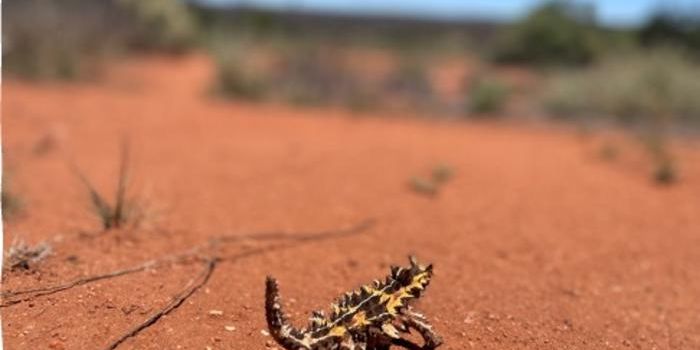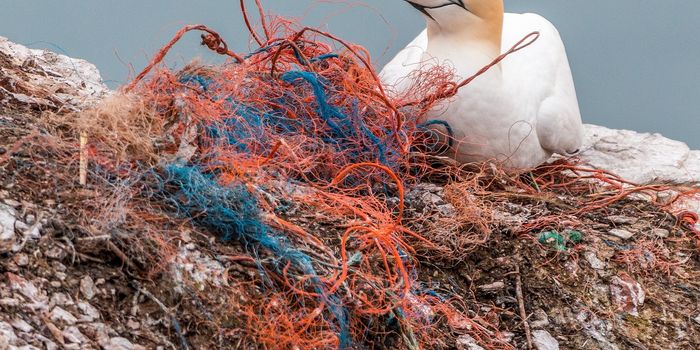A federal animal-research center in Nebraska will not be allowed to start any new experimental projects until it strengthens its procedures and internal oversight, the secretary of agriculture, Tom Vilsack, said Monday.

The decision came as a report ordered by Mr. Vilsack found that an oversight panel at the U.S. Meat Animal Research Center, in Clay Center, Neb., "was not adequately fulfilling its intended role" of scrutinizing experiments to ensure that they minimized pain and suffering for the animals. The report, however, said that during a three-day visit to the center in February, an investigating committee found no evidence of animal mistreatment. "Without exception," it said, "the panel observed healthy and well cared-for animals."
Interviews and internal records revealed that experiments and everyday handling of animals at the center have often resulted in illness, pain and premature death, and that the center lacked the careful oversight that many universities and meat producers have exercised over their own research.Since the article was published, several members of Congress from both parties have pushed a bill to extend the federal Animal Welfare Act to shield cows, pigs, sheep and other animals used for agricultural research at federal facilities like the Nebraska center. The law, enacted in 1966, excluded those animals, focusing largely on cats and dogs used in laboratory research. Some animal-rights groups have urged that the center be closed.
The Agriculture Department's report does not directly address the nature of the experiments at the center, including continuing trials to create "easy care" sheep by having ewes give birth in open fields, where newborns often die of starvation or predation. It does not review the high death rates in several experiments. Nor does it examine past practices at the center, where records show that hundreds of animals have died of preventable causes.
Over all, the center is taking proper care of its animals, the report says, praising the work and skills of the staff. "Animals were observed to be calm, without any obvious signs of stress," the report says, a sign of how they are generally treated, "not just during the week of the panel's visit."
But the report does find fault in the center's management, citing confusion about procedures for proper animal care, and about who is responsible for ensuring them; the center has shared ownership of the animals with the University of Nebraska, Lincoln. Investigators found no evidence that the center had a clearly defined training program in animal handling.
An internal committee at the center that Agriculture Department rules say should rigorously review each experiment is not doing its job, the report says: The panel has not met regularly, and its one outside member had to step down recently because of a conflict of interest involving a family member. In another potential conflict of interest, the report says, the panel's chairwoman was the center's staff veterinarian - a "less than ideal" situation that could encourage other panel members to leave concern for animals to her. "There was no evidence of formal review or approval of the proposed research" by the panel members, the report says
The report was drawn up by a committee made up of four officials from universities and a department veterinarian. Wayne Pacelle, the chief executive of the Humane Society of the United States, said the agency's inquiry was disappointing. "What was needed was not a white-glove tour," he said, "but a forensic look into how appalling abuses were allowed to occur at the center and others like it, and whether the leadership and the researchers who abused animals there should be retained."
Mr. Vilsack recommended several steps for strengthening the center's review panel. He also advised that employee training and record-keeping be improved. His department will take public comments on the report through March 18 at ree.usda.gov.
Source: New York Times









